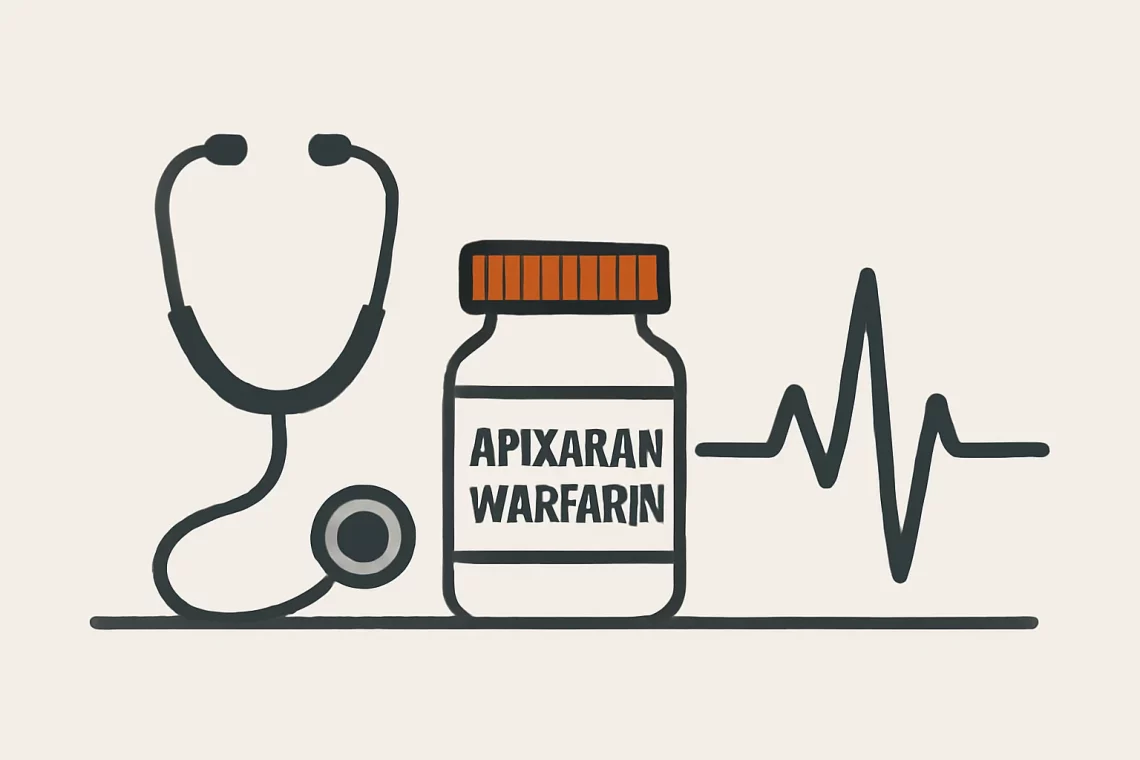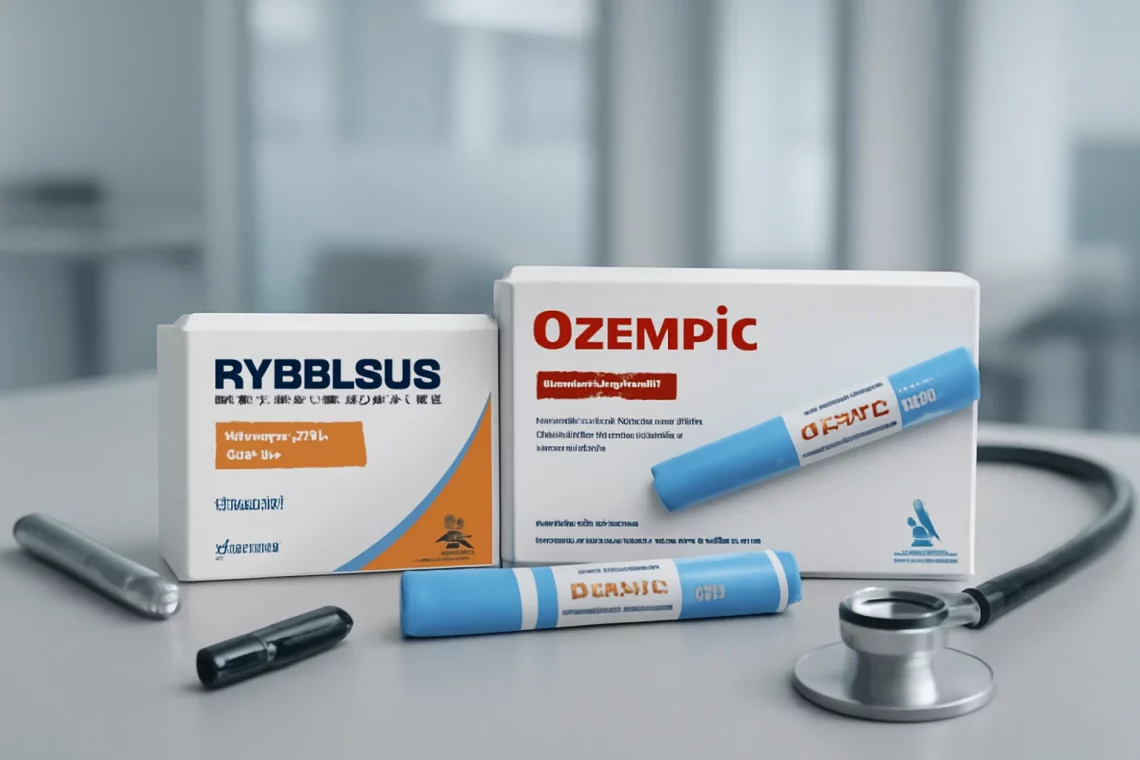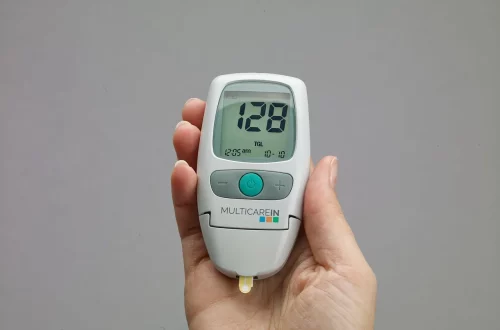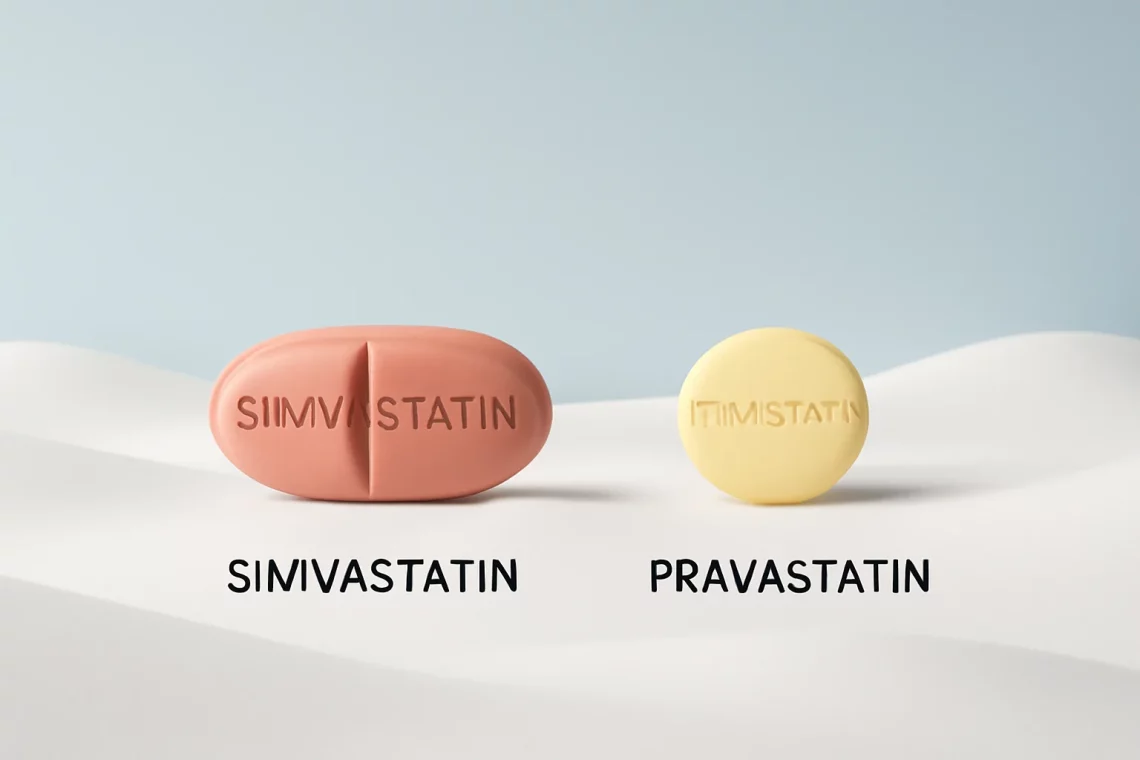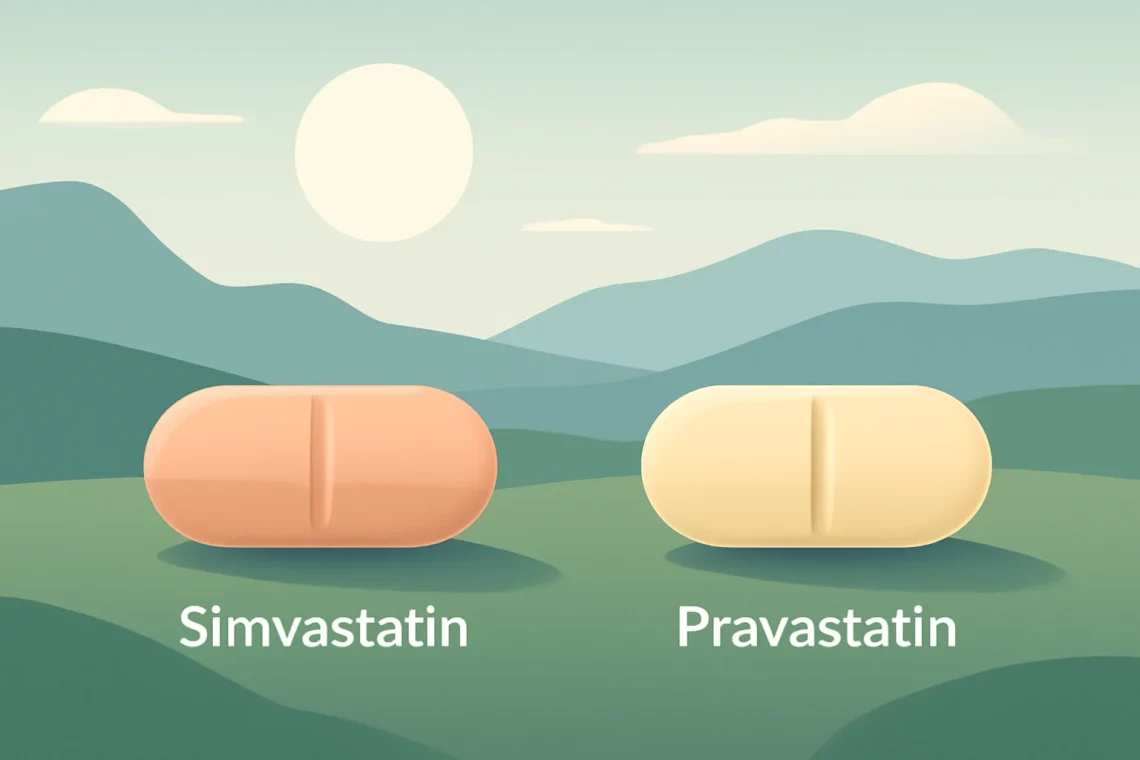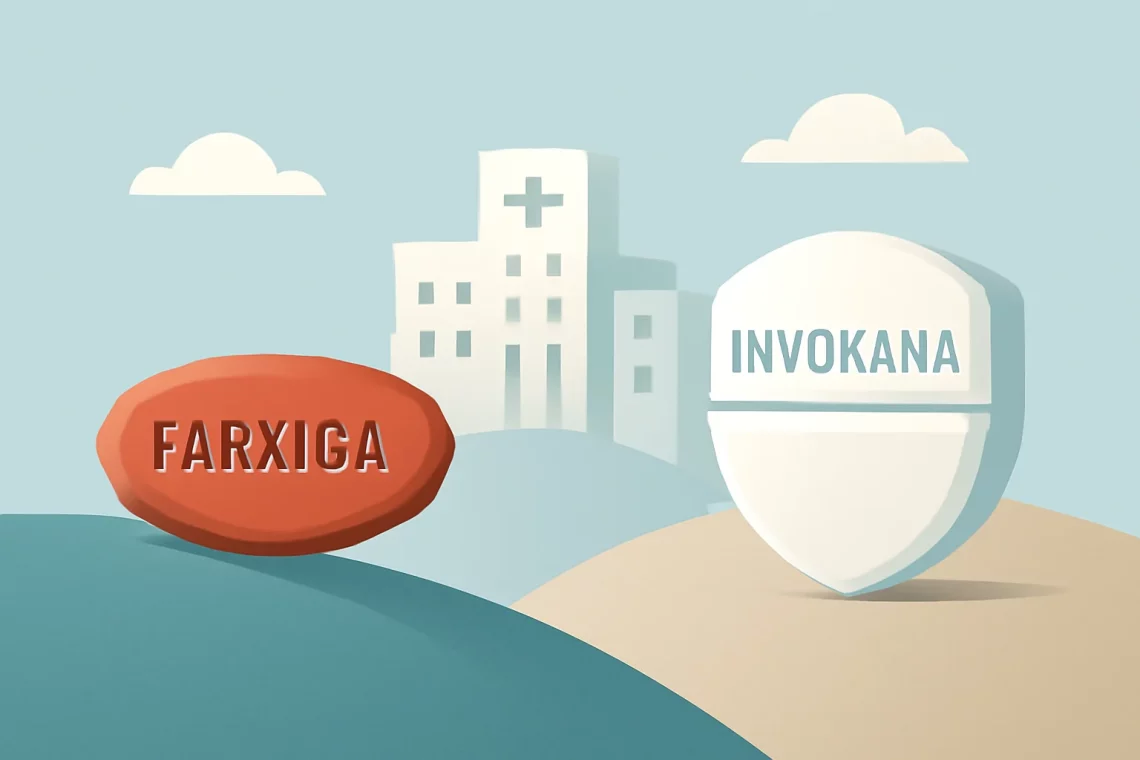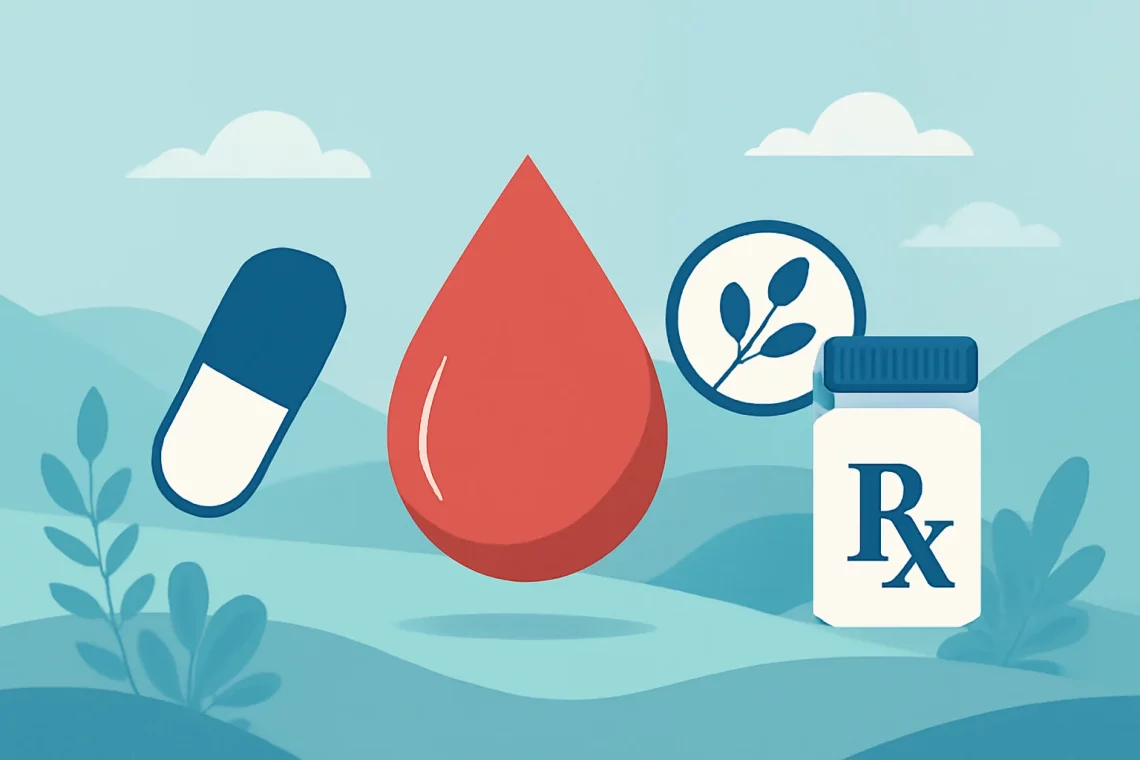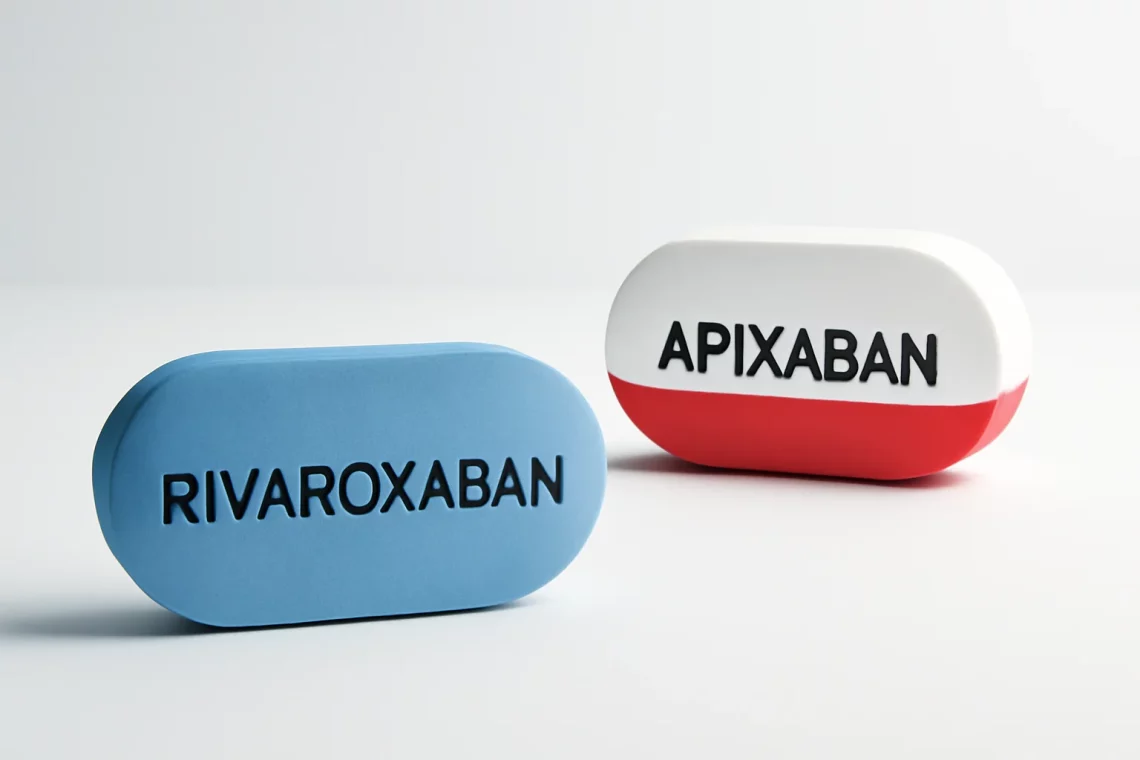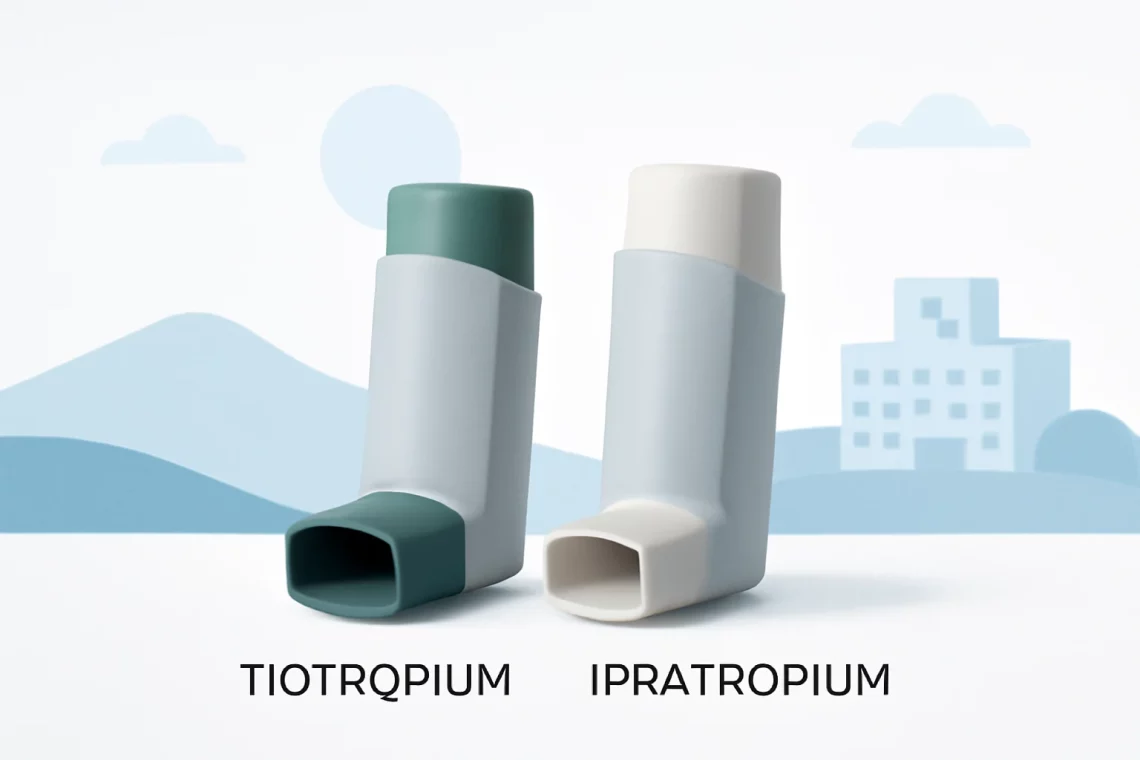-
Apixaban vs Warfarin: Choosing the Right Anticoagulant for You
Apixaban and warfarin are two anticoagulant medications commonly prescribed to prevent blood clots and reduce the risk of stroke in patients with certain medical conditions, such as atrial fibrillation and deep vein thrombosis. Both drugs serve the same primary purpose, yet they operate through different mechanisms and possess distinct characteristics that influence their use in clinical practice. Understanding the nuances between these two medications is essential for patients and healthcare professionals alike, as it can significantly impact treatment outcomes and overall patient safety. Anticoagulation therapy is pivotal in managing conditions associated with thromboembolic events. As healthcare continues to evolve, the choice between apixaban and warfarin has become a topic of…
-
Rybelsus vs Ozempic: Which Diabetes Treatment is Right for You?
In recent years, the conversation around diabetes management has evolved significantly, with a focus on innovative medications that offer new hope to individuals living with Type 2 diabetes. Among these medications, Rybelsus and Ozempic have emerged as prominent players in the landscape of diabetes treatment. Both belong to a class of drugs known as GLP-1 receptor agonists, which mimic the actions of the glucagon-like peptide-1 hormone. This hormone plays a crucial role in regulating blood sugar levels and appetite, making these medications vital for those struggling to maintain optimal glucose control. As the prevalence of Type 2 diabetes continues to rise globally, understanding the differences and similarities between such medications…
-
Simvastatin vs Pravastatin: Which Statin Is Right for You?
Cholesterol management is a vital aspect of maintaining heart health, especially in an age where lifestyle diseases are on the rise. Among the various medications available to manage cholesterol levels, statins are among the most commonly prescribed. Simvastatin and pravastatin are two prominent members of this drug class, known for their effectiveness in lowering low-density lipoprotein (LDL) cholesterol, often referred to as “bad” cholesterol. Both medications work by inhibiting an enzyme that plays a central role in cholesterol production in the liver, thus helping reduce the overall cholesterol levels in the bloodstream. Understanding the nuances between simvastatin and pravastatin can empower patients and healthcare providers to make informed decisions tailored…
-
Simvastatin vs Pravastatin: Which Statin is Right for You?
Cholesterol management is a critical aspect of maintaining overall health and preventing cardiovascular diseases. With an increasing number of individuals experiencing elevated cholesterol levels, the demand for effective treatments has surged. Among the most commonly prescribed medications for lowering cholesterol are statins, which work by inhibiting cholesterol production in the liver. Simvastatin and pravastatin are two popular options in this category, each with its own unique profile of benefits and side effects. Understanding the differences between these two medications can empower patients to make informed decisions about their treatment options. This article delves into the mechanisms, benefits, and potential side effects of simvastatin and pravastatin, providing insights that are essential…
-
Farxiga vs Invokana: Which Diabetes Medication Is Right for You?
The landscape of diabetes management has evolved significantly over the years, with a variety of medications available to help individuals control their blood sugar levels. Among these treatments, two prominent options are Farxiga and Invokana. Both medications belong to a class of drugs known as SGLT2 inhibitors, which work by preventing the reabsorption of glucose in the kidneys, thereby allowing excess sugar to be excreted through urine. This mechanism not only aids in blood sugar control but also offers additional benefits, such as weight loss and improved cardiovascular health. As the prevalence of type 2 diabetes continues to rise globally, the choice of medication becomes crucial in managing the condition…
-
Citalopram vs Effexor XR: Choosing the Right Antidepressant for You
Citalopram and Effexor XR are two medications commonly prescribed for the treatment of various mental health disorders, including depression and anxiety. As mental health continues to be a significant concern worldwide, understanding the differences between these two medications can help individuals make informed decisions about their treatment options. Both medications have their unique mechanisms of action, side effects, and benefits, which can significantly influence a patient’s response to treatment. Citalopram, a selective serotonin reuptake inhibitor (SSRI), is primarily used to alleviate symptoms of major depressive disorder. It works by increasing serotonin levels in the brain, which can help improve mood and emotional stability. On the other hand, Effexor XR, or…
-
Rivaroxaban vs Apixaban: Choosing the Right Anticoagulant for You
Rivaroxaban and apixaban are two widely used anticoagulant medications that play a crucial role in the management of thromboembolic disorders. As blood thinners, they help prevent the formation of harmful blood clots that can lead to serious conditions such as stroke, deep vein thrombosis, and pulmonary embolism. The increasing prevalence of cardiovascular diseases, along with the aging population, has led to a greater demand for effective anticoagulant therapies. Both medications belong to a class of drugs known as direct oral anticoagulants (DOACs), which have gained popularity due to their favorable safety profiles and ease of use compared to traditional anticoagulants like warfarin. Patients often face the dilemma of choosing between…
-
Rivaroxaban vs Apixaban: Choosing the Right Anticoagulant for You
When considering anticoagulants for the prevention and treatment of thromboembolic diseases, Rivaroxaban and Apixaban stand out as two of the most discussed options. Both medications belong to a class known as direct oral anticoagulants (DOACs), which have revolutionized the management of various conditions such as atrial fibrillation, deep vein thrombosis (DVT), and pulmonary embolism (PE). These medications work by inhibiting specific factors in the blood coagulation pathway, ultimately reducing the risk of blood clots. The choice between Rivaroxaban and Apixaban often depends on multiple factors, including patient-specific characteristics, underlying health conditions, and potential drug interactions. Both drugs offer distinct advantages and disadvantages that can impact their effectiveness and safety profiles.…
-
Comparing Tiotropium and Ipratropium: Which is Right for You?
The management of chronic respiratory conditions has evolved significantly over the years, with various medications playing pivotal roles in improving patients’ quality of life. Among these medications are bronchodilators, which are essential in alleviating symptoms associated with conditions like asthma and chronic obstructive pulmonary disease (COPD). Two commonly prescribed medications in this category are Tiotropium and Ipratropium. These drugs, while both classified as anticholinergic bronchodilators, have unique characteristics, mechanisms of action, and clinical applications. Understanding the differences between them is crucial for healthcare providers and patients alike in making informed decisions regarding treatment options. As the demand for effective respiratory therapies continues to rise, the significance of these medications cannot…
-
Sertraline or Escitalopram: Which Antidepressant is Right for You?
Depression and anxiety are prevalent mental health disorders that affect millions of people worldwide. While there are various treatment options available, including therapy and lifestyle changes, medications often play a crucial role in managing these conditions. Among the most commonly prescribed medications are selective serotonin reuptake inhibitors (SSRIs), which are primarily used to treat depression and anxiety disorders. Sertraline and escitalopram are two well-known SSRIs that are frequently discussed in the context of mental health treatment. Both sertraline and escitalopram work by increasing the levels of serotonin in the brain, a neurotransmitter that significantly influences mood, emotions, and overall mental well-being. However, despite their similarities, these two medications have distinct…
